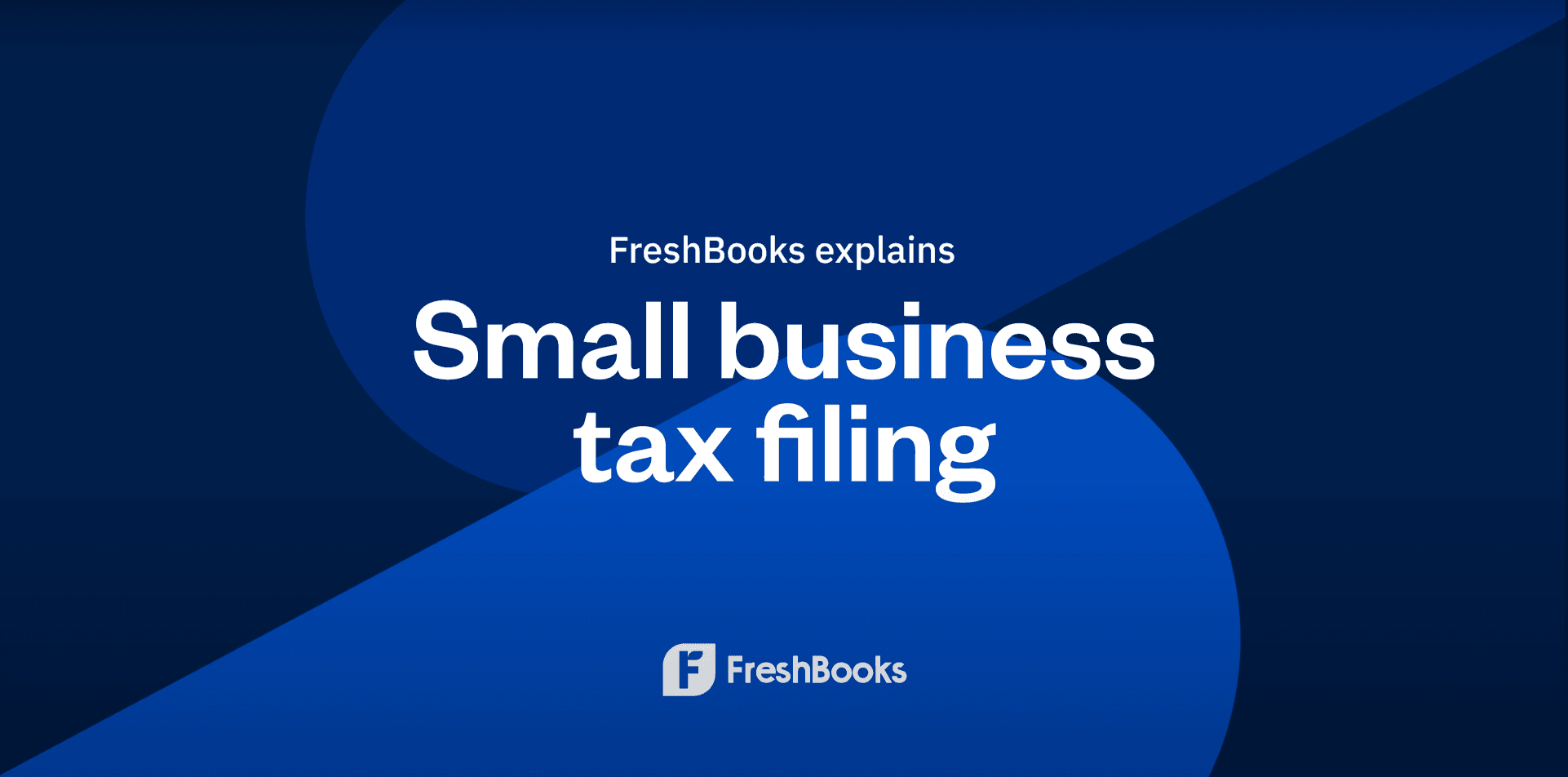Tax-Deductible Expenses For Business: The Complete Guide
Updated on November 29, 2021 | 7 min. read
Running a business has a lot of upsides. Taxes are one of the most important perks of being able to deduct legitimate business expenses through SARS registration, which lowers your taxable income.
Whether you’re set up as a company in South Africa, or a sole proprietor, every business-related expense could be tax-deductible.
What types of business expenses should you track in order to claim tax-deductible business expenses?
In this article, we'll cover everything you need to know about tax-deductible business expenses.
Here’s What We’ll Cover:
What Are SARS Tax-Deductible Business Expenses?
Tax-Deductible Business Expenses
Sole Proprietor Vs Company: Can Both Claim Business Expenses?
Simplifying Business Expenses With Turnover Tax
Staying on Top of Your Business Expenses
Who May Claim the SARS Disability Benefits?
What Are SARS Tax-Deductible Business Expenses?
Let's review the basic definition of a tax-deductible business expense before looking at specific types of business tax deductions in South Africa.
SARS defines tax-deductible business expenses as "expenses incurred in conducting a business". All purchases made for the purposes of running your business are considered to be business expenses.
Businesses that deduct their business expenses reduce the amount of taxes they have to pay. Suppose you earned R700,000 during the tax year and purchased goods worth R40,000. The taxable income of your business would therefore be R660,000 instead of R700,000. This would reduce the amount of tax you owe for that year.
Tax-Deductible Business Expenses
There are many tax-deductible business expenses that apply to most types of businesses. Listed below is a list of tax-deductible common business expenses that you may be able to claim to reduce your next tax bill.
1. Daily Expenses for Your Business.
As part of your running your business, you will incur various financial expenses, such as:
- Equipment and material costs
- Employee costs and administration expenses
- Expenses related to business/office rental
- Office supplies
- Phone costs - A salaried employee can also claim a tax deduction in respect to the depreciation of their personal devices e.g., laptops, cell phones, so long as they purchase and maintain them in their personal capacity for work purposes. The rule of thumb is that in order to claim, they will have to have incurred expenses in direct relation to earning income.
- Fuel for business vehicles, including travel cost and transportation for business purposes
- Uniforms (if necessary)
- Reselling costs for wholesale goods
- Fees (for example, bank fees) and utility costs
- Legal cost
- Insurance costs
- Expenses associated with marketing, advertising, and promotion
Additionally, if you use your home for work, you may also deduct a portion of your home office expenses for work-related expenses. These expenses include:
- Housing costs or other mortgage expenses
- Insurance
- Premiums and taxes
- Cost of repair for the premises
- Utilities
- Cleaning
Depending on the number of times you work from home and how much space you use for business, you may be able to claim a certain percentage. It is a good idea to check with your tax advisor how much deduction you can take for your home office expenses.
2. Capital Expenses
Your business incurs capital expenses when buying major assets or services that will be used for a long time. Examples include:
- Acquiring new equipment and machinery
- Purchasing vehicles for your business
- Cost of renovation
- Hardware like computers
3. Education Expenses
You can deduct the cost of education that you invest in yourself or your employees to operate your business as a business expense.
4. Entertainment Expenses
All expenses incurred while entertaining clients are tax-deductible. Expenses include drinks, meals, live entertainment, venue rental, and the like. If you want to claim the expenses, you must show SARS that they were incurred in the course of business.
5. Business Start-Up Expenses
These expenses are business-related expenses that you incurred before you started your business. A tax-deductible business expense could be claimed if, for instance, you purchased equipment three months before opening your business.
6. Net Operating Losses
Tax deductions can be carried forward for losses incurred in previous years in the same business.
Sole Proprietor Vs Company: Can Both Claim Business Expenses?
In South Africa, you can claim legitimate business expenses as tax deductions, regardless of whether you're a sole proprietor or a company.
In contrast, if you are a sole proprietor - that is, your business is not a separate legal entity from you - then you must report the income generated from trading on your personal income tax return. You do not have to meet a "minimum threshold" to be required to file taxes.
Depending on your situation, it may be possible to deduct both your business expenses and your personal expenses as deductions on your personal income tax return. In light of this, keeping separate business and personal expense lists is important.
Simplifying Business Expenses With Turnover Tax
You have the choice to pay standard small business income tax rates or to elect turnover tax as a company or sole proprietor in South Africa. Small businesses with turnovers less than R1 million are eligible for turnover tax, which simplifies tax administration.
How does this relate to business expense deductions? When calculating taxable income, the turnover tax system automatically estimates a company's business expenses to simplify record keeping. Companies that are registered for turnover tax do not have to track or report their tax-deductible expenses.
Depending on their annual income, small businesses pay a lower tax rate under the turnover tax system than the standard tax system. In some cases, they may not even have to pay tax at all. The minimum tax threshold for the 2020-2021 tax season is as follows:
Standard small business minimum amount of taxable income: R83,100
Turnover tax minimum amount of taxable income: R335,000
Remember, however, that taxes are based on a purely approximate estimation of expenses. You may want to claim otherwise tax-deductible expenses under the standard tax system if your taxable income would be reduced by a large amount as a result.
Staying on Top of Your Business Expenses
Maintaining accurate record-keeping, monitoring your expenses, and managing your finances effectively is vital to the success of your business.
It's easy to keep track of your expenses and income with FreshBooks, no matter where you are. So when tax season comes around, you'll have all the information you need at your fingertips so you can file your business tax return on time.
It’s All About Record-Keeping
The knowledge of what expenses can be deducted is a good place to start - but this knowledge won't amount to much if it's not matched by the practice of precise record-keeping. Below are a few examples of the types of records you need to keep to prove the actual expenses.
- Copies of both the invoice and receipt to prove you made payment. Keep business expenses separate from private expenses.
- A schedule of Your entertainment expenses schedules including the date, who you entertained, the purposes of that entertainment, the venue, and cost of entertainment.
- A breakdown of how you calculated the annual amounts deducted from your taxable income based on your depreciation schedule. The purchase invoice (proof of purchase) should be available.
- Expenses that have to do with travel (fuel, toll fees) or vehicles (repairs, insurance) must be supported by a logbook that includes the mileage you accumulated during the year, dates, reasons for travel, and distance covered for each trip you made. You can use this information to determine which portion of the deductible travel and vehicle expenses applies to your business.
Record-keeping can be made easier in a few ways. To make payments for all business expenses, open a business bank account. This will make tracking your expenses easier. Furthermore, you may want to establish a savings account linked to the business account, so that you can ring fence the income tax you owe to SARS.
In addition, create a filing system that organizes your receipts into categories (entertainment, office supplies, marketing, etc.). This will ensure a more consistent approach to treating different types of expenses and make it easier to locate supporting documentation when needed.
Finally, you can automate your income and expense management with accounting software, taking advantage of the additional insights that can be derived once the data is digitized.
Who May Claim the SARS Disability Benefits?
As a disabled individual or as a dependent, you may qualify for an additional medical expense tax credit in connection with certain qualifying medical expenses. In addition, these expenses will include those that are prescribed by SARS as a result of any physical impairment or disability.
Did you enjoy reading this guide? Head over to our resource hub for more great content!












